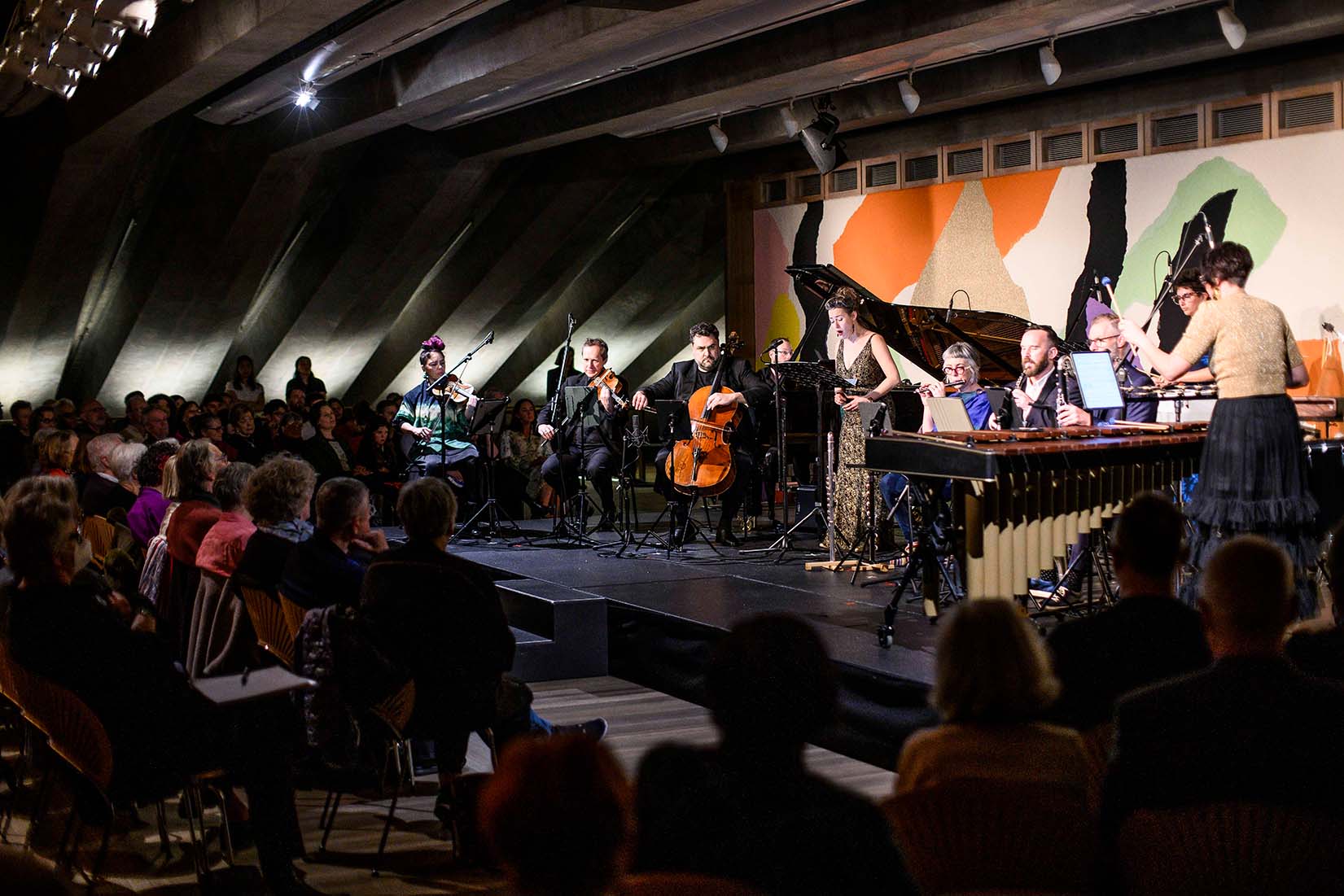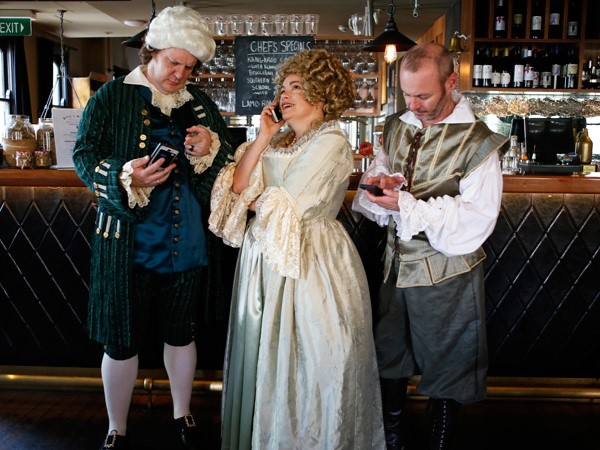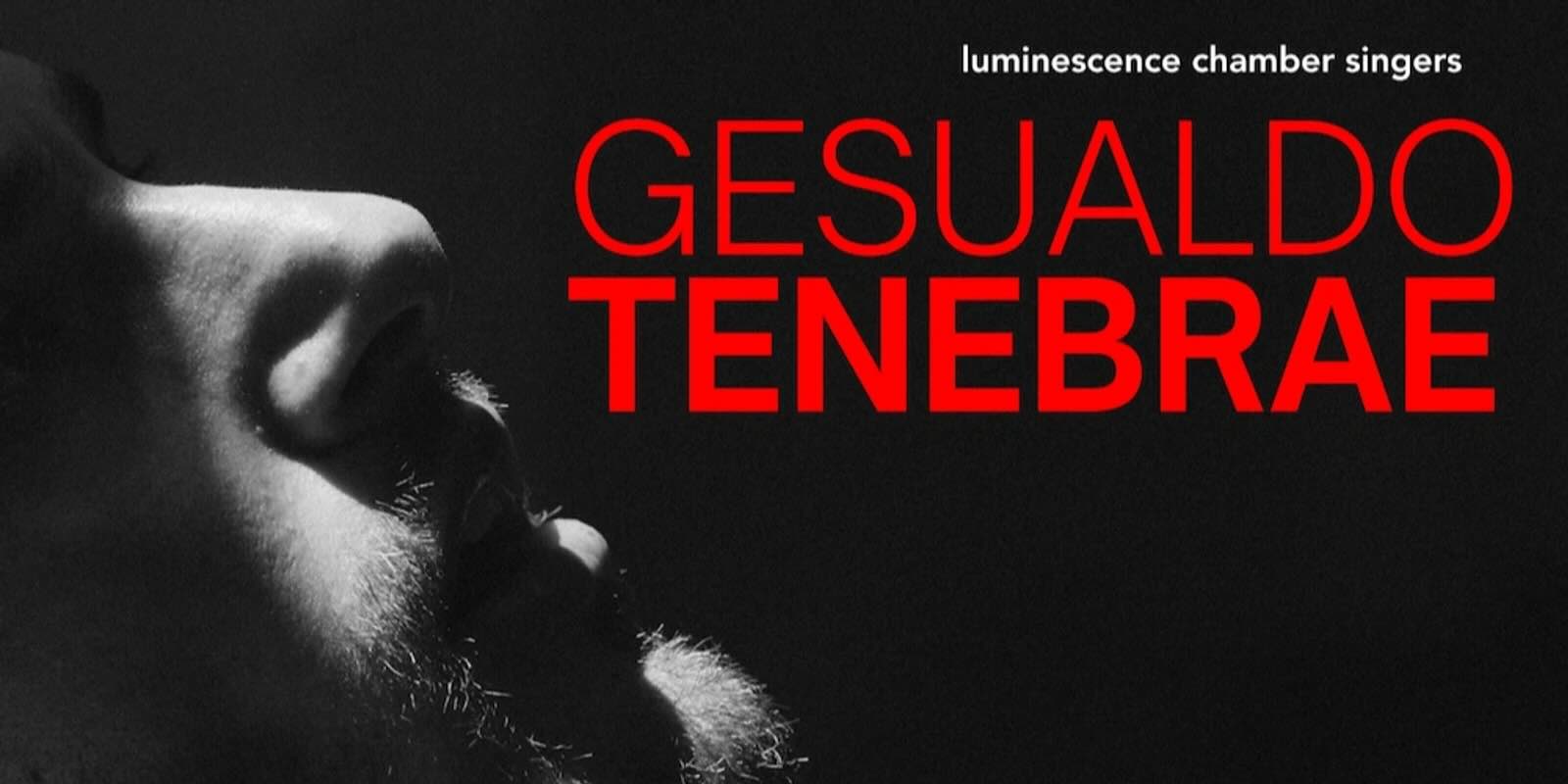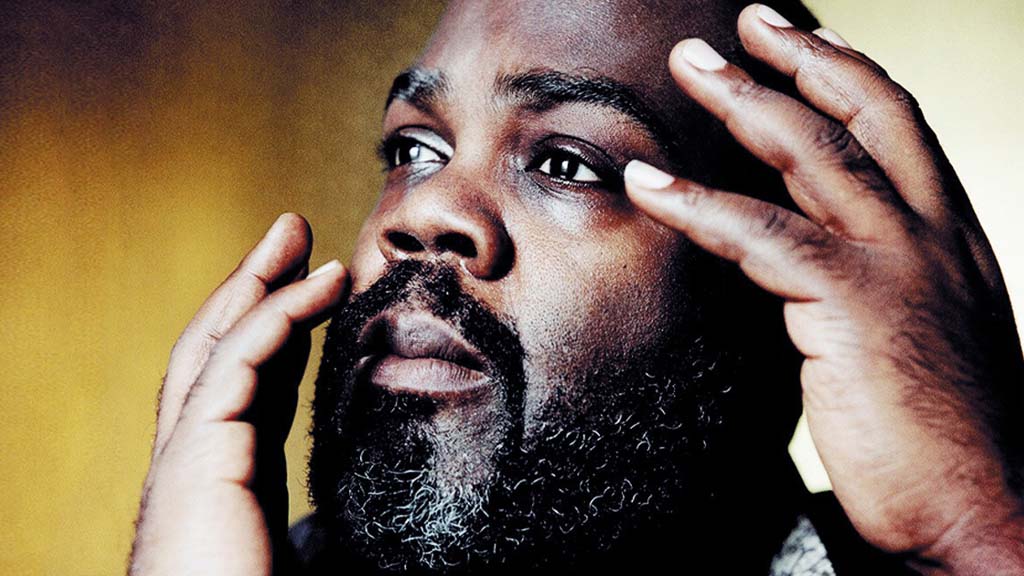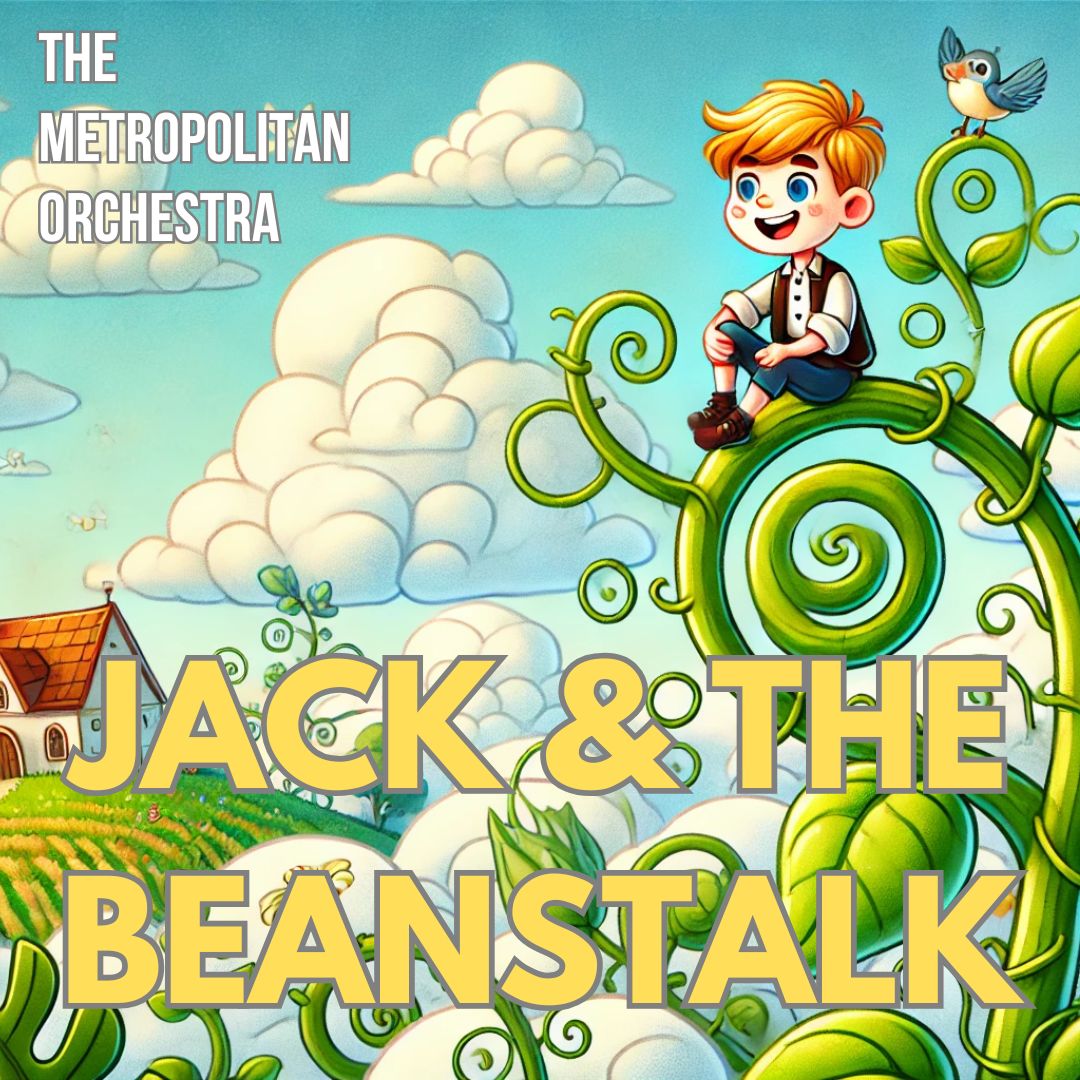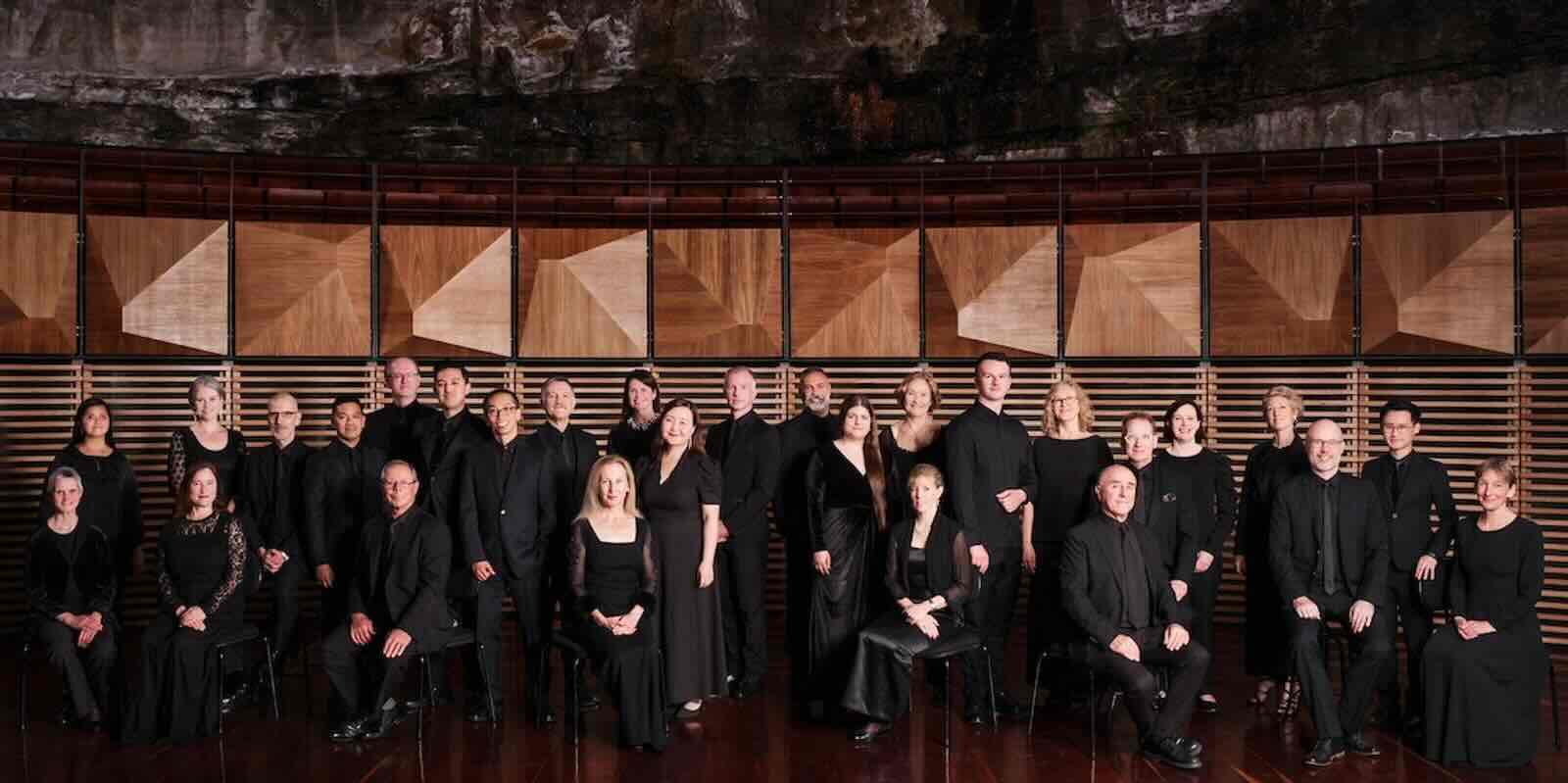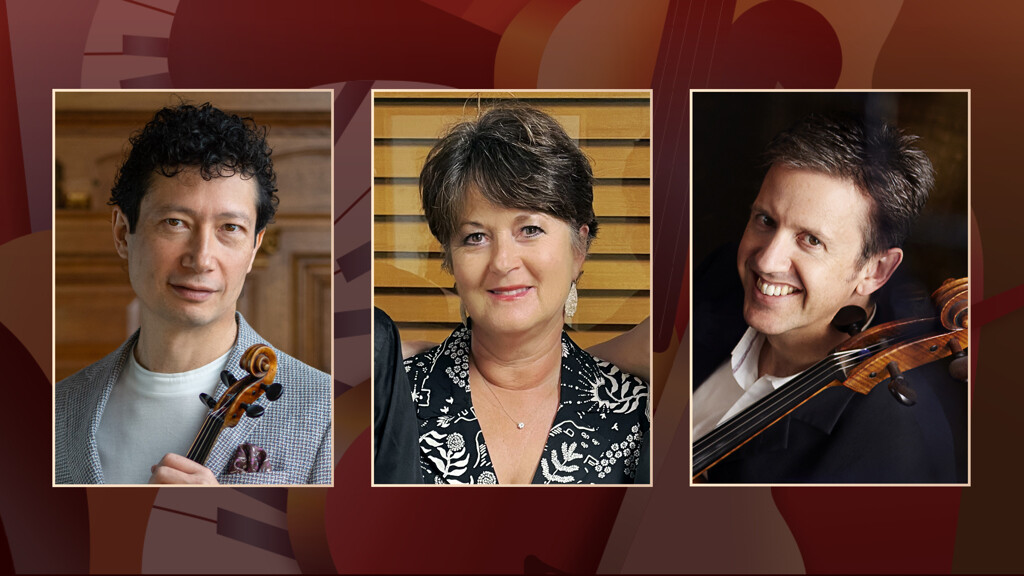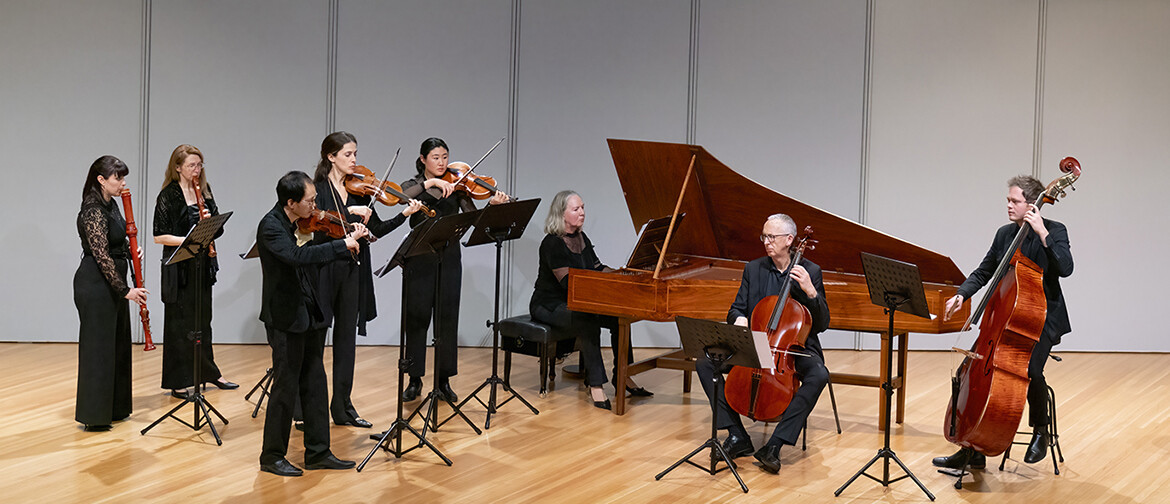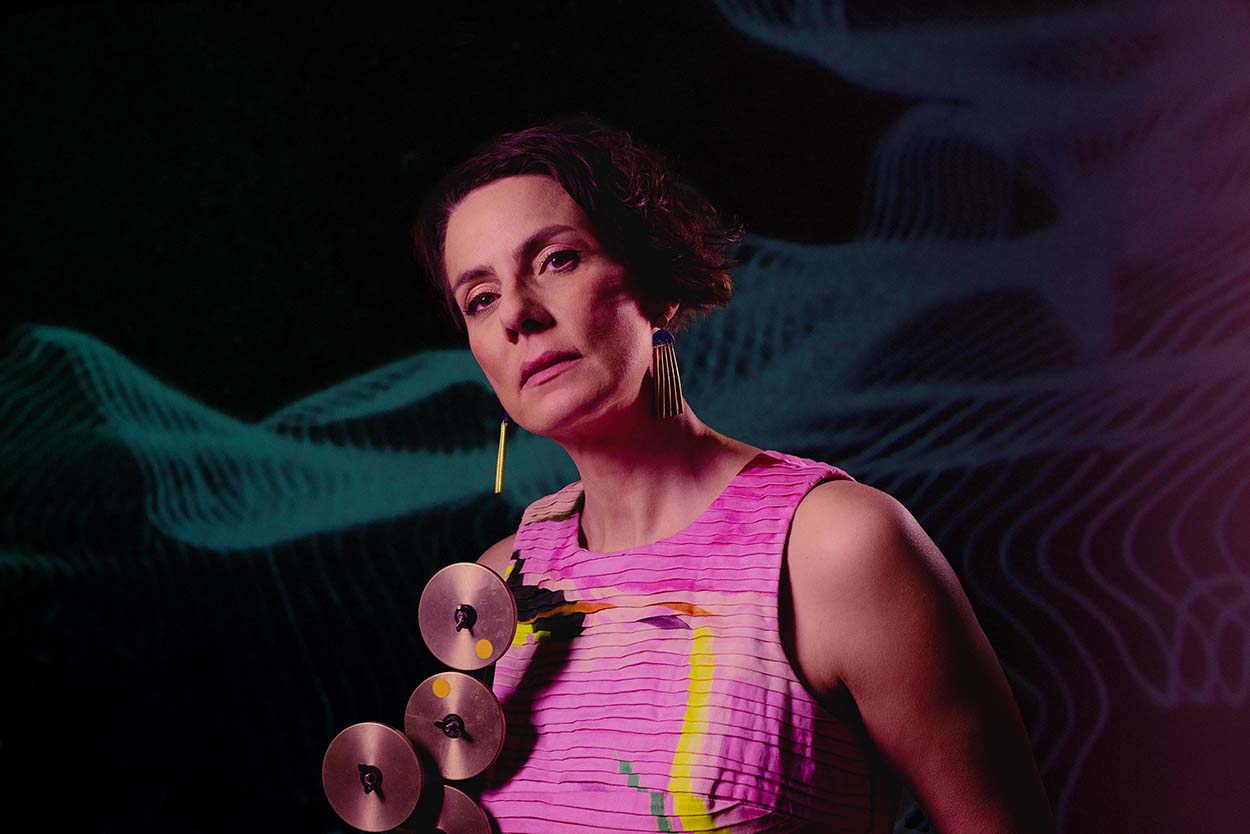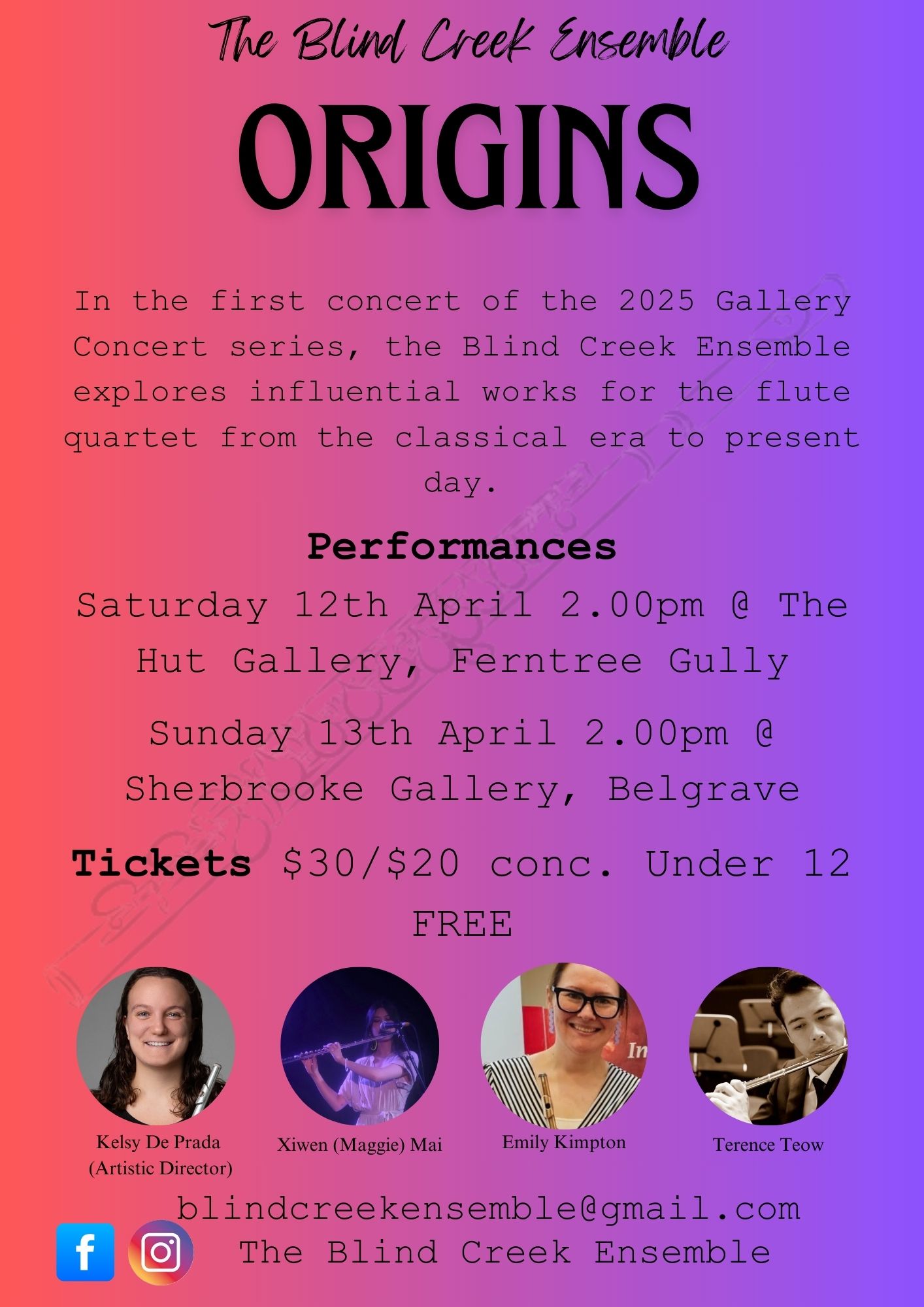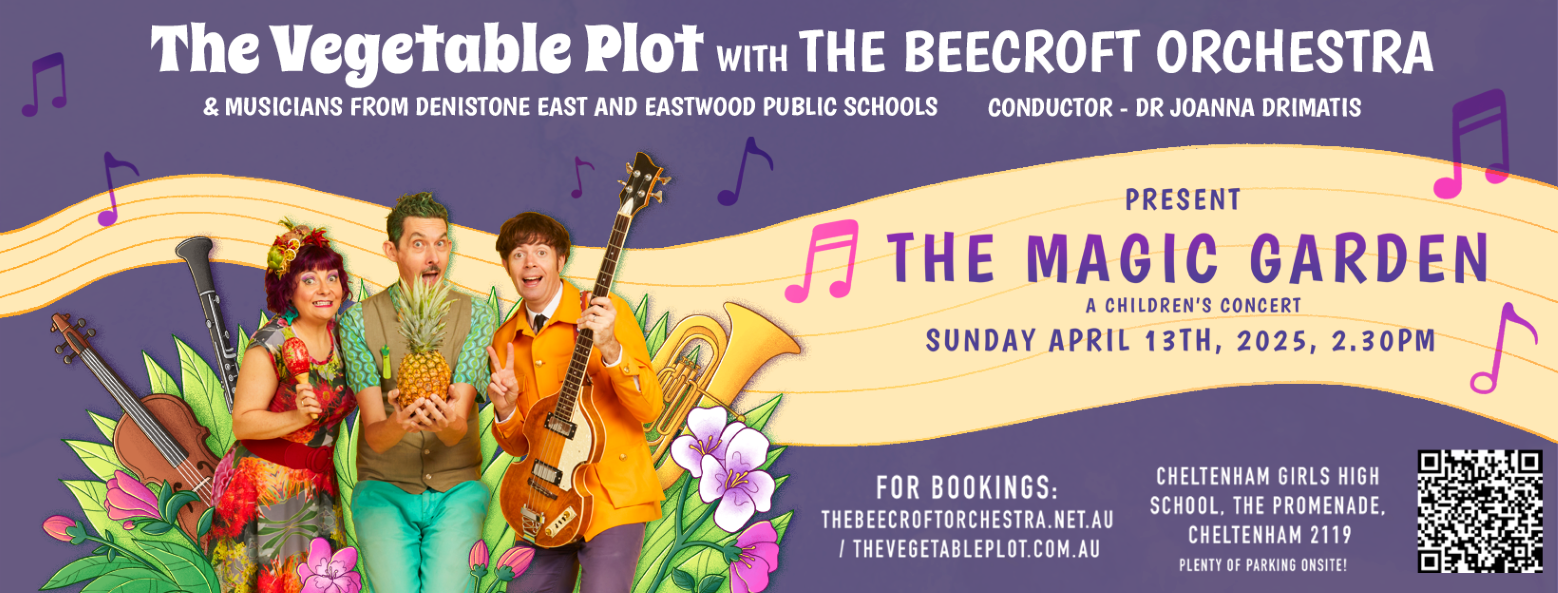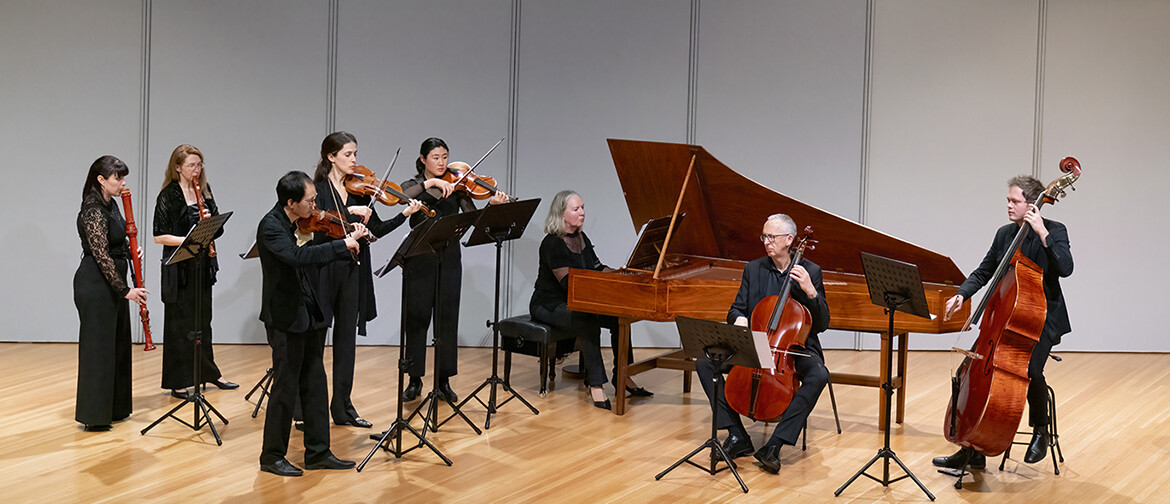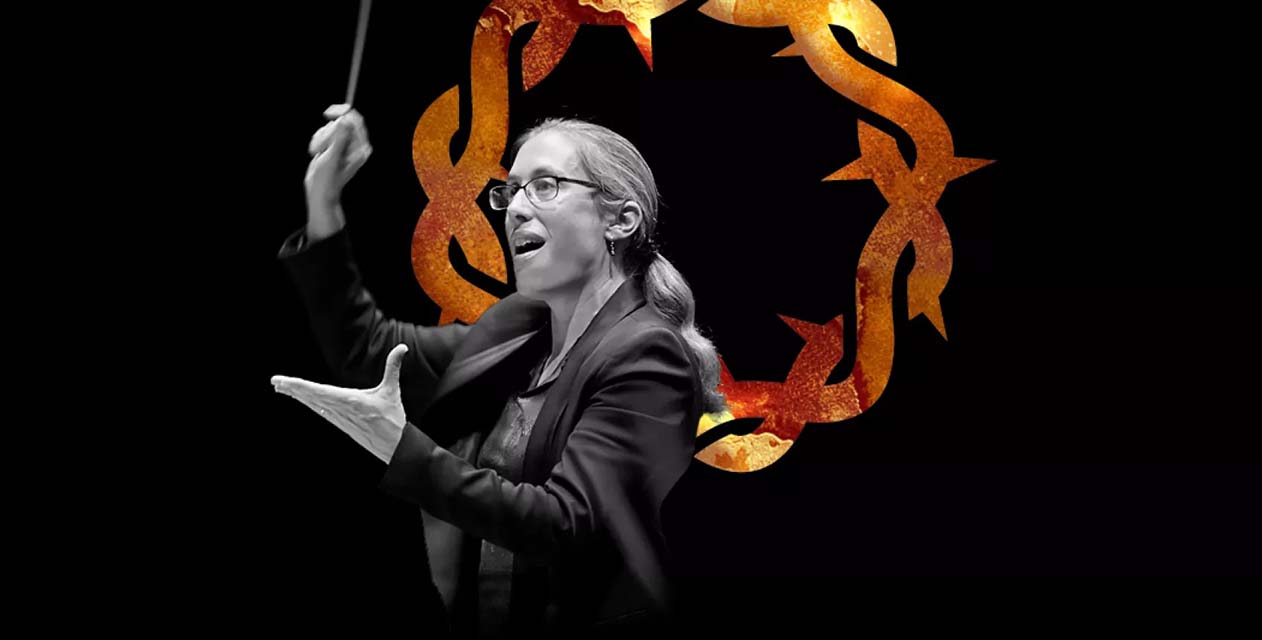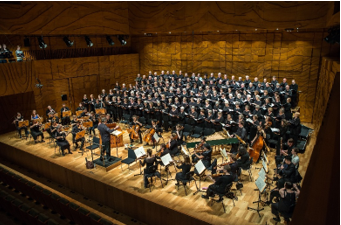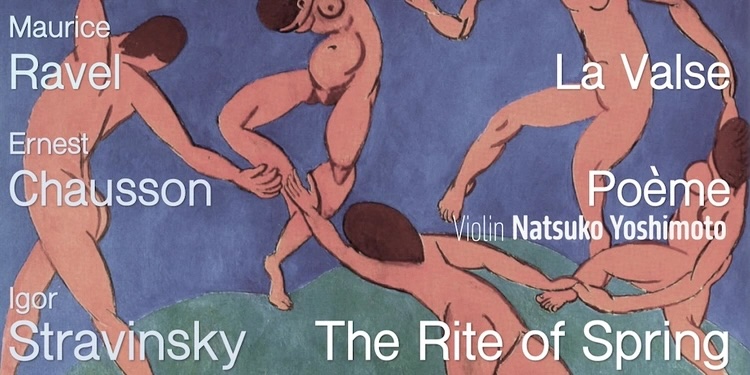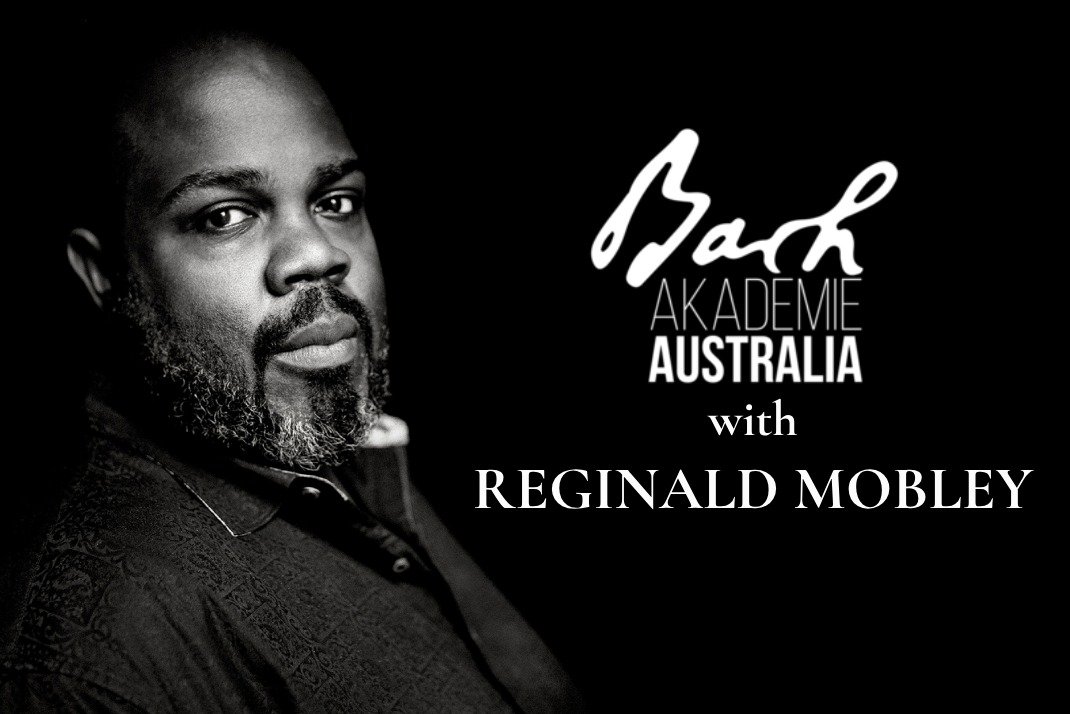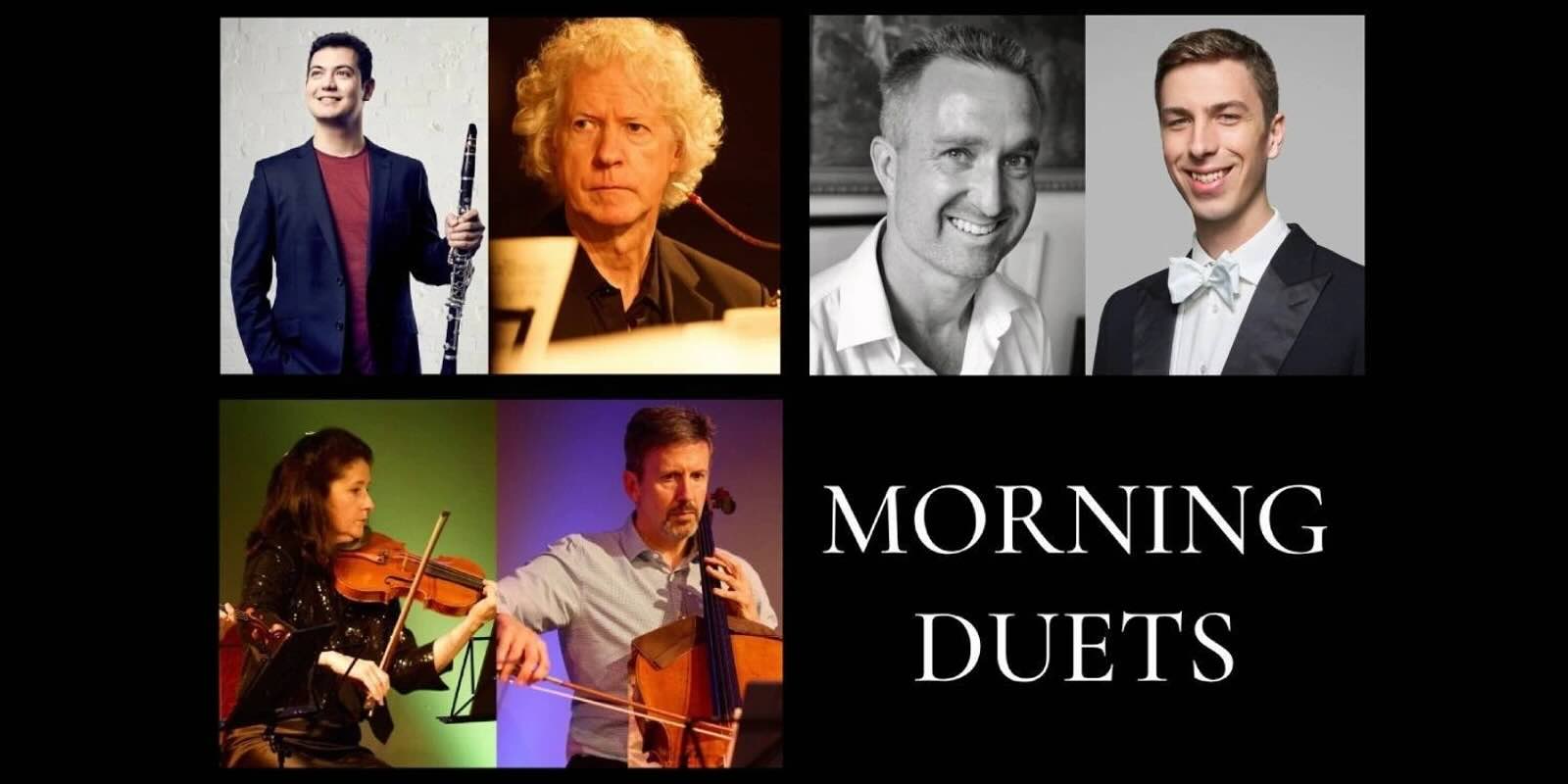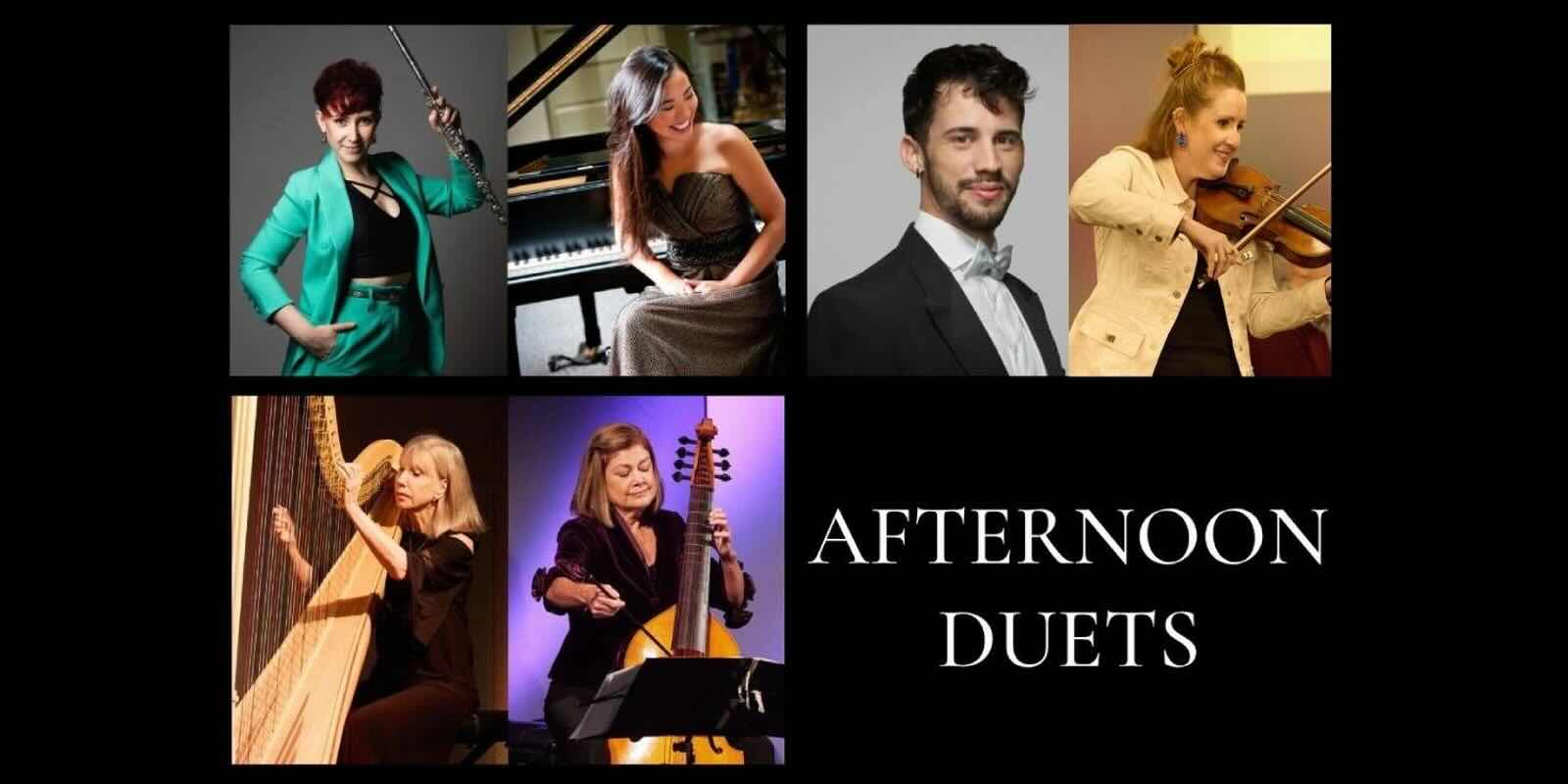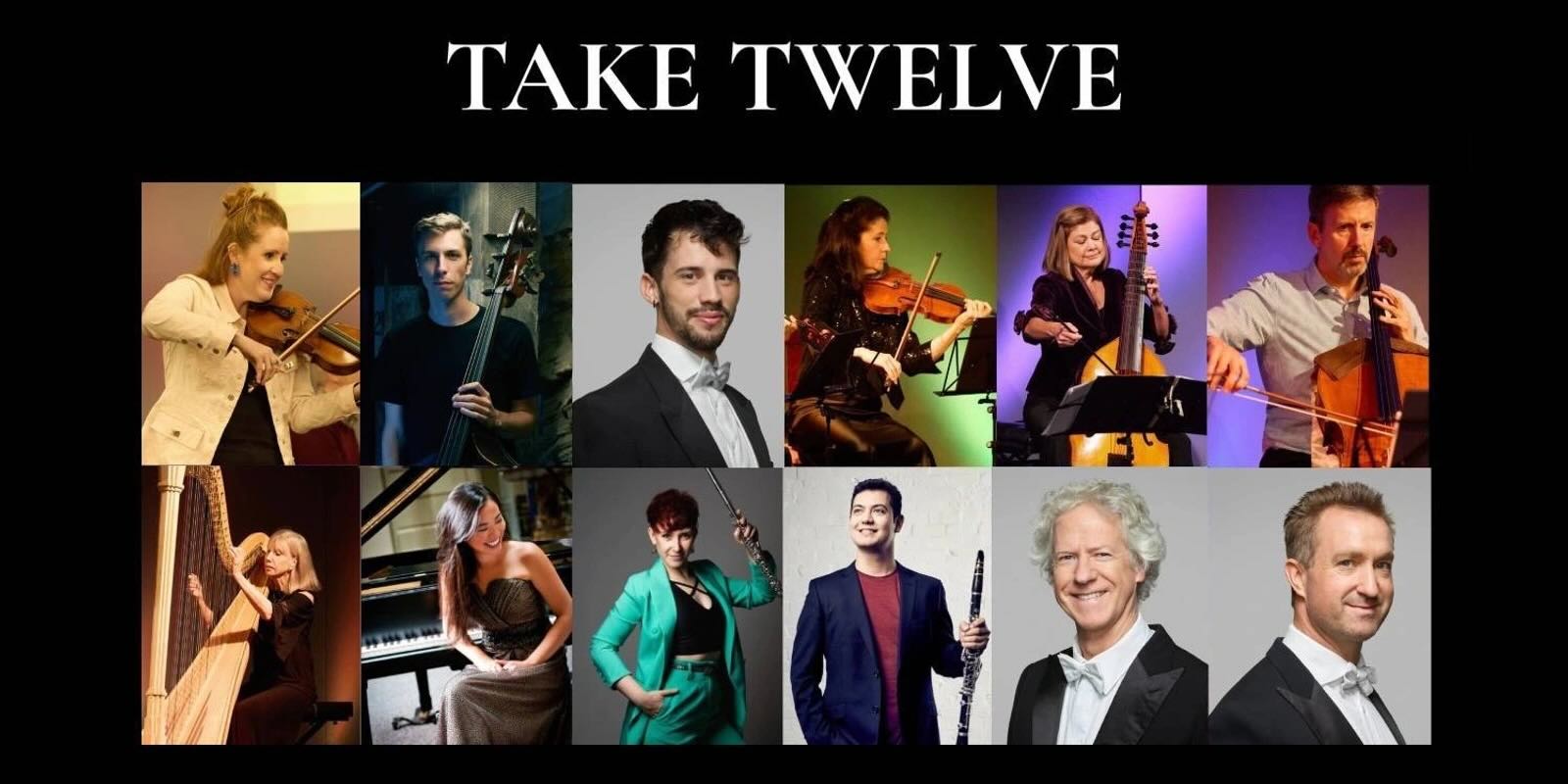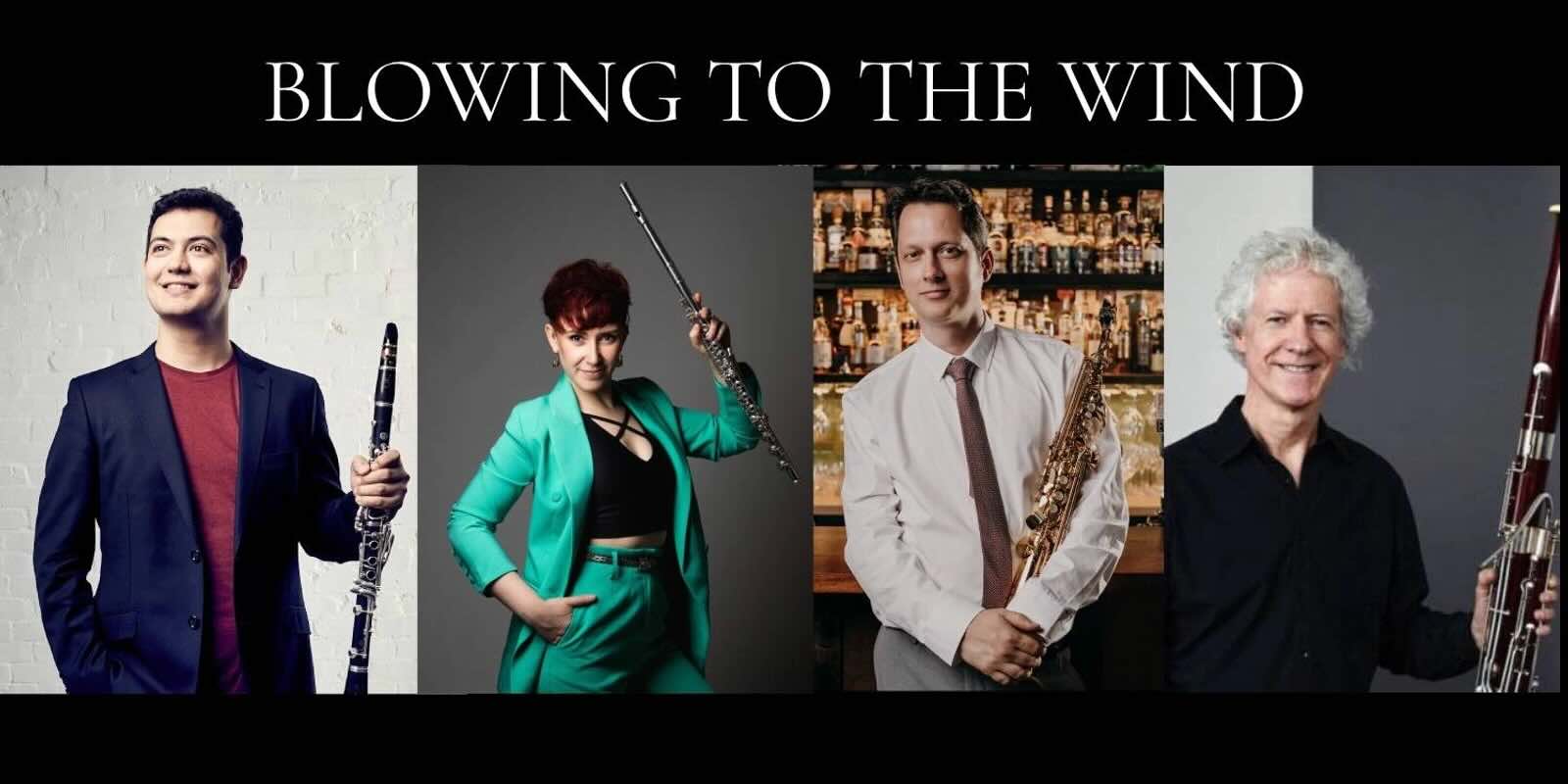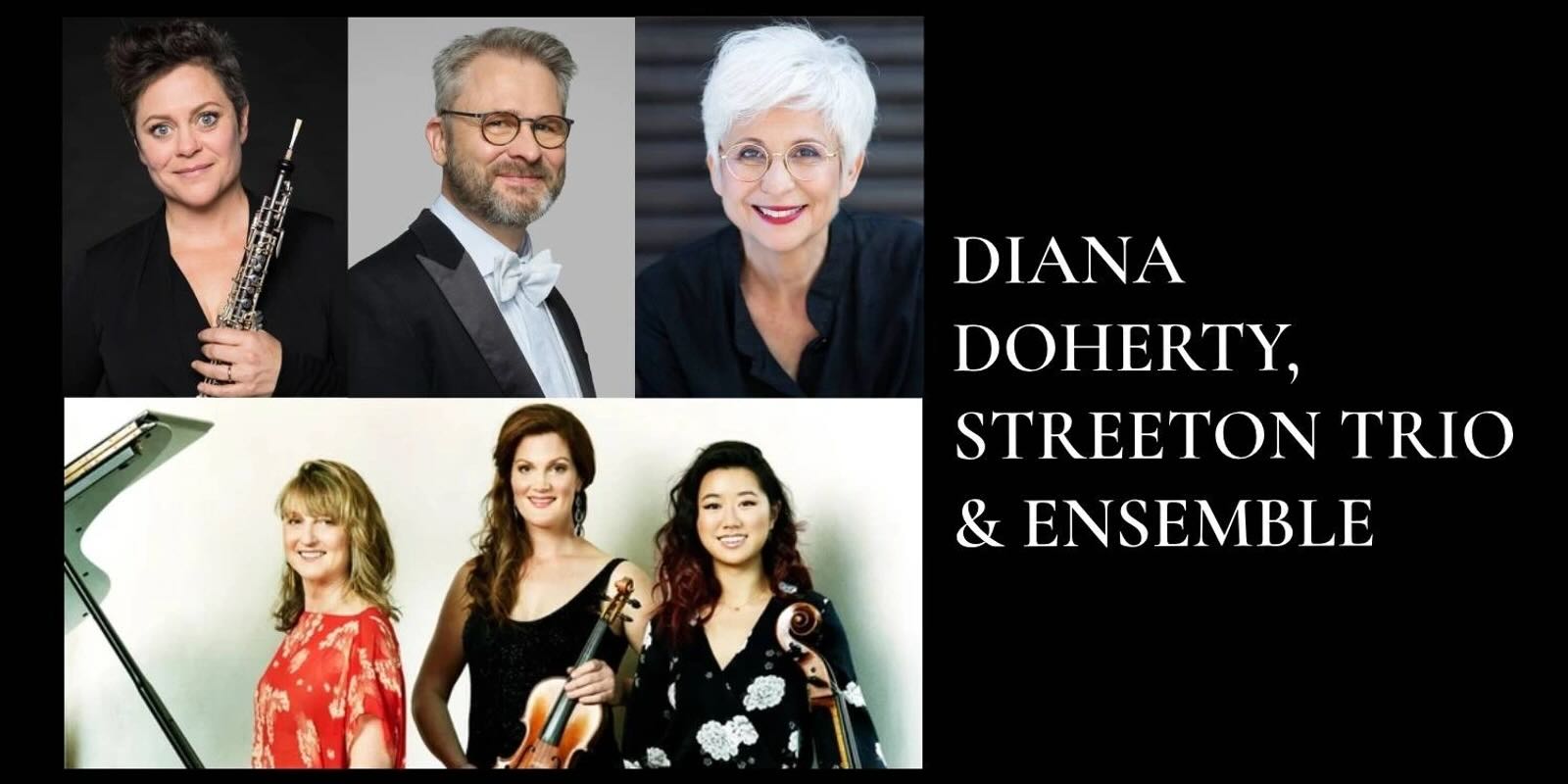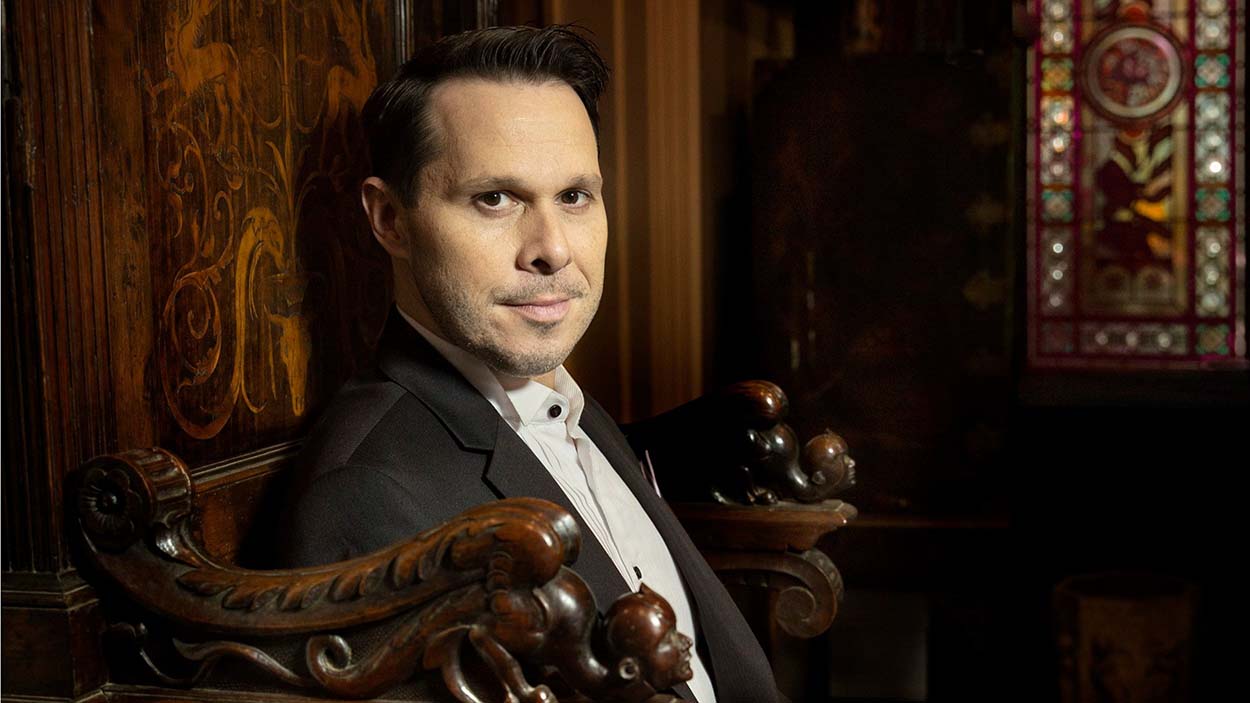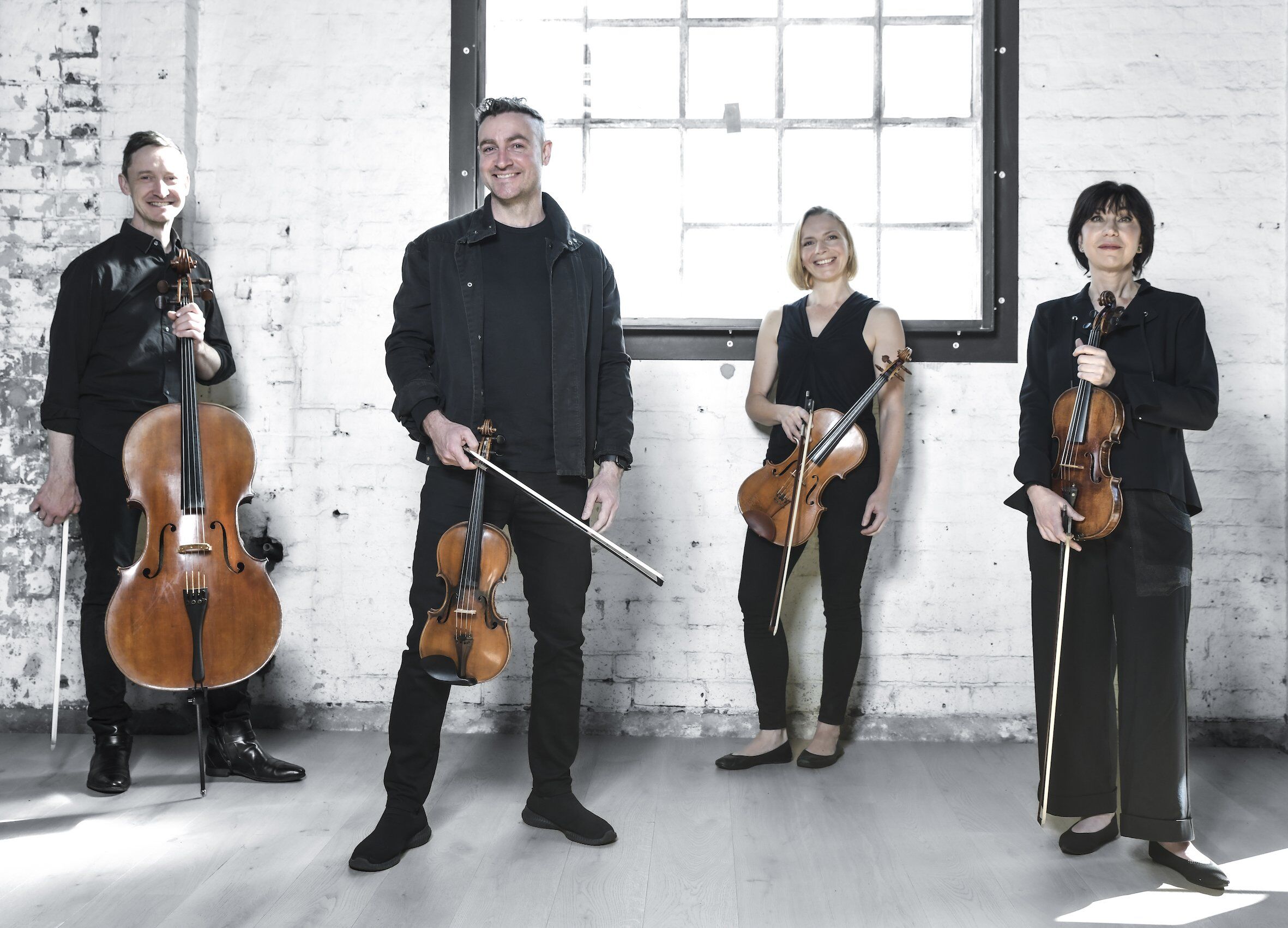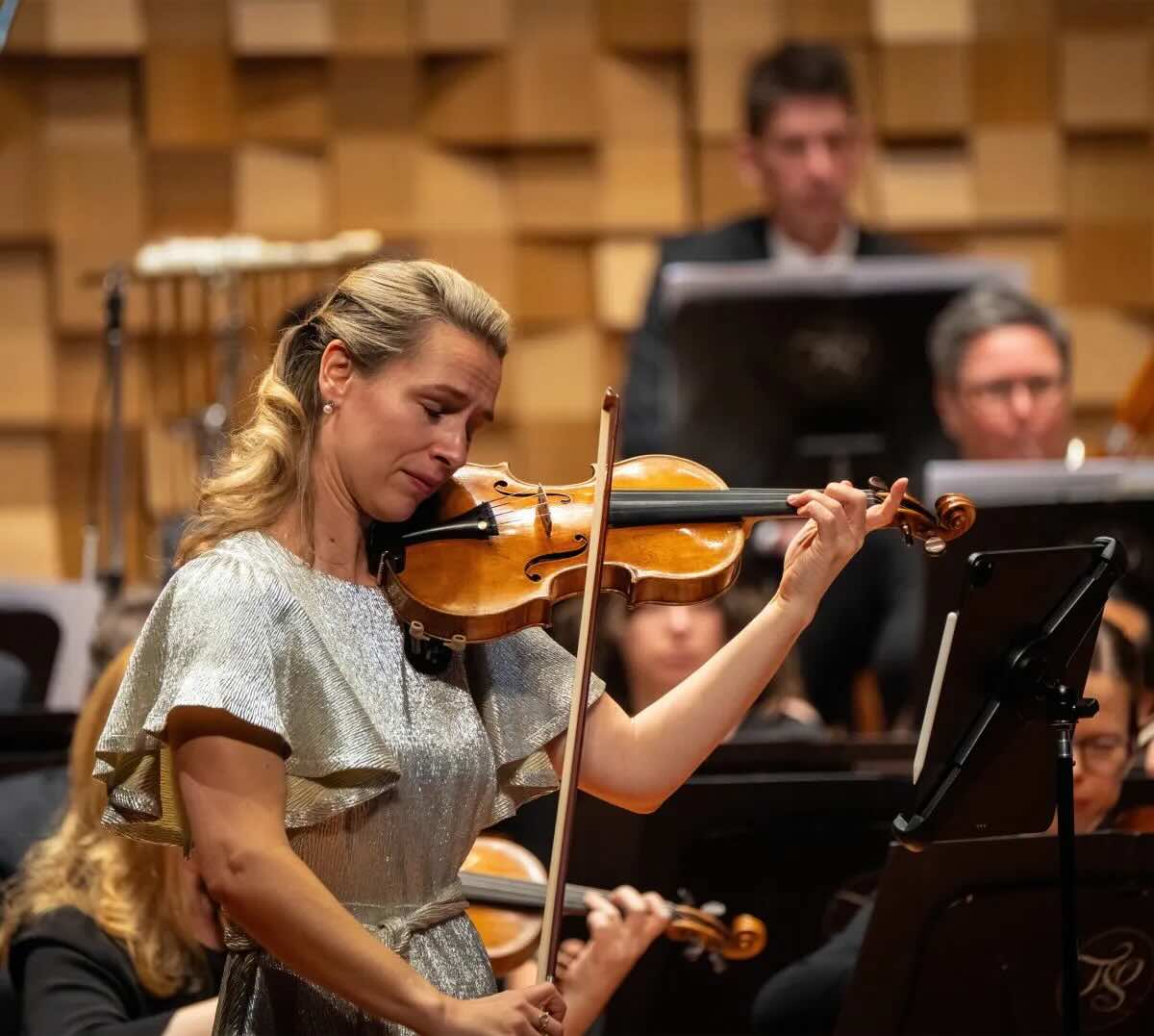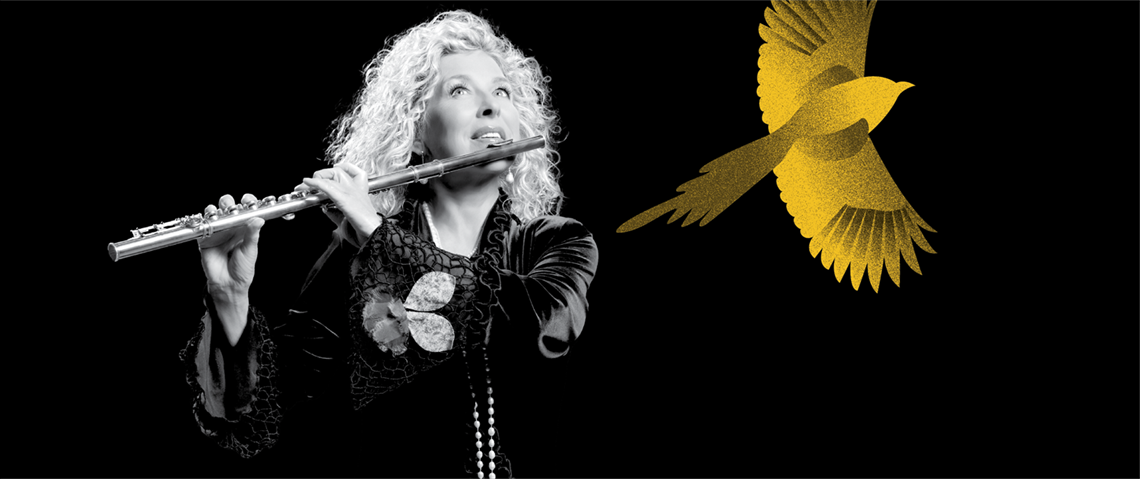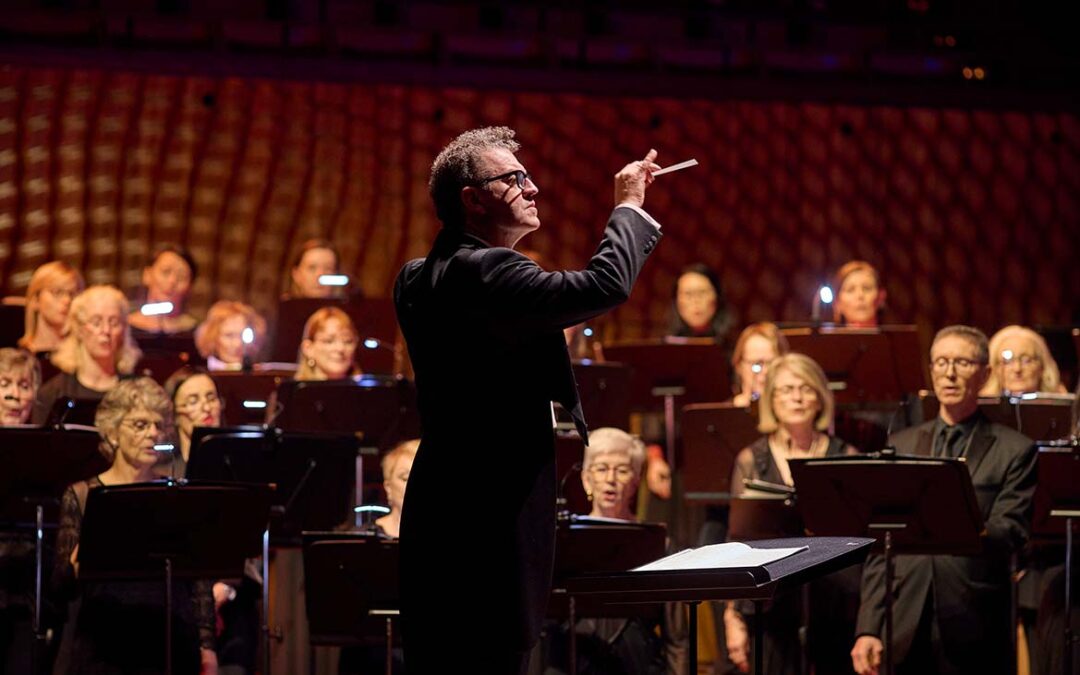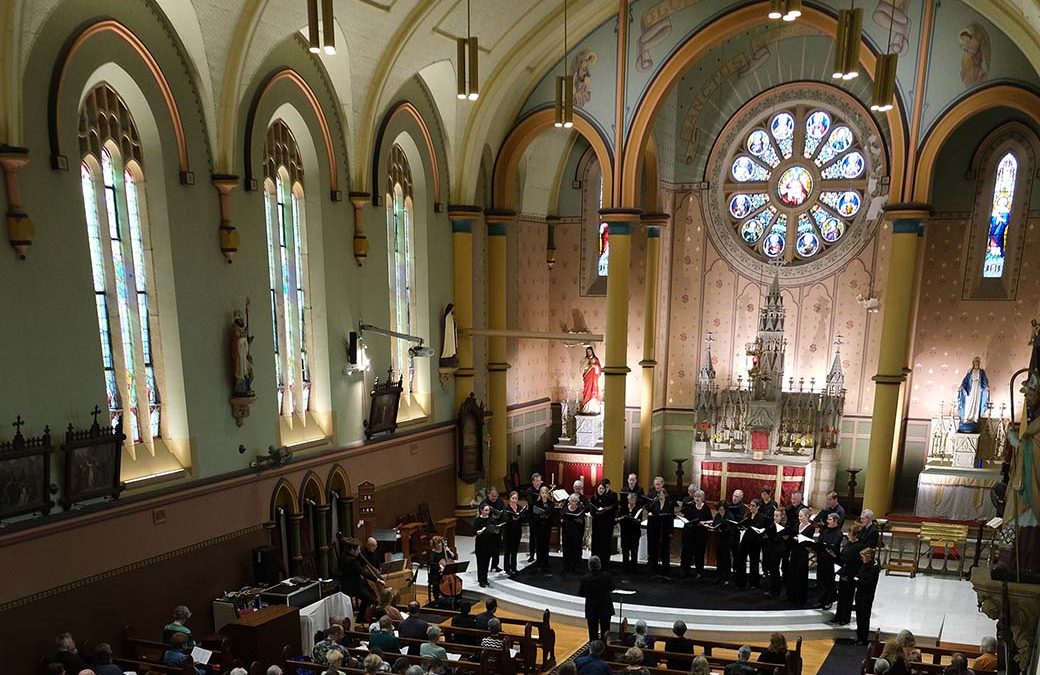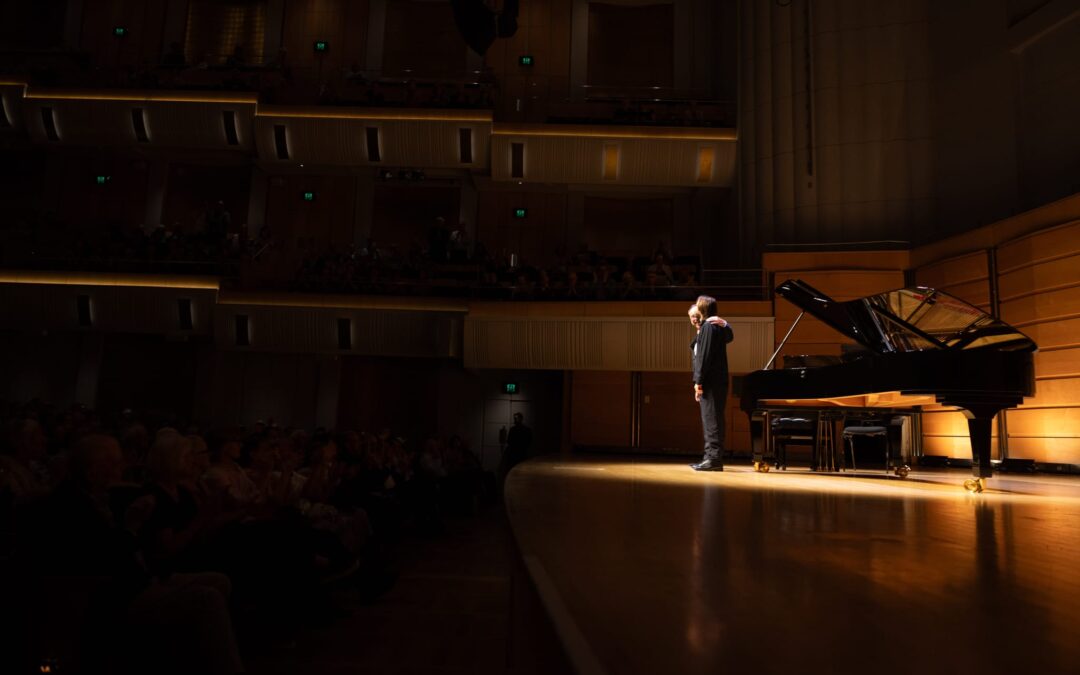Ensemble Offspring | Light and Matter
3 August 2024, Utzon Room, Sydney Opera House, NSW
Program:
Bree van Reyk – Remnant Magnetism (2024)
Kaija Saariaho – Light and Matter (2014)
May Lyon – Do Na Chaill (2024)
Georges Aperghis – Wild Romance (2013)
Performers:
Claire Edwardes (Artistic Director, percussion)
Jane Sheldon (soprano)
Lamorna Nightingale (flutes)
Ben Opie (oboe)
Jason Noble (clarinets)
Véronique Serret (violin)
Andrew Jezek (viola)
Blair Harris (cello)
Jack Symonds (piano)
Niki Johnson (percussion)
Ensemble Offspring is Sydney’s leading and uncompromisingly contemporary music ensemble. The intimacy of the Utzon Room is an ideal venue for this music. Normally musicians perform here with the stage in front of the glorious view of the harbour, but Offspring wisely performed with the stage on the opposite wall; to allow full focus on the music. No drifting off into space, unless inspired by the music!
The expert percussion of Claire Edwardes, the leader of the group, is usually at the core of what the ensemble presents. Interestingly, in this concert the first two pieces had no percussion at all.
The composer Bree van Reyk used to be a member of Ensemble Offspring so she knows the group well. The work Remnant Magnetism had its world premiere in this concert. It draws upon all manner of musical influences from the Renaissance to the songs of Madonna, and lots in between. Light amplification with some distortion is used and the piece opens with deliberate feedback from the voice’s mic and violin pick-up. The voice part, sung by the etherial and pure voice of Jane Sheldon, leads the often dreamy texture and the instruments use improvisatory elements to pull towards the voice’s centre. An evocative performance.
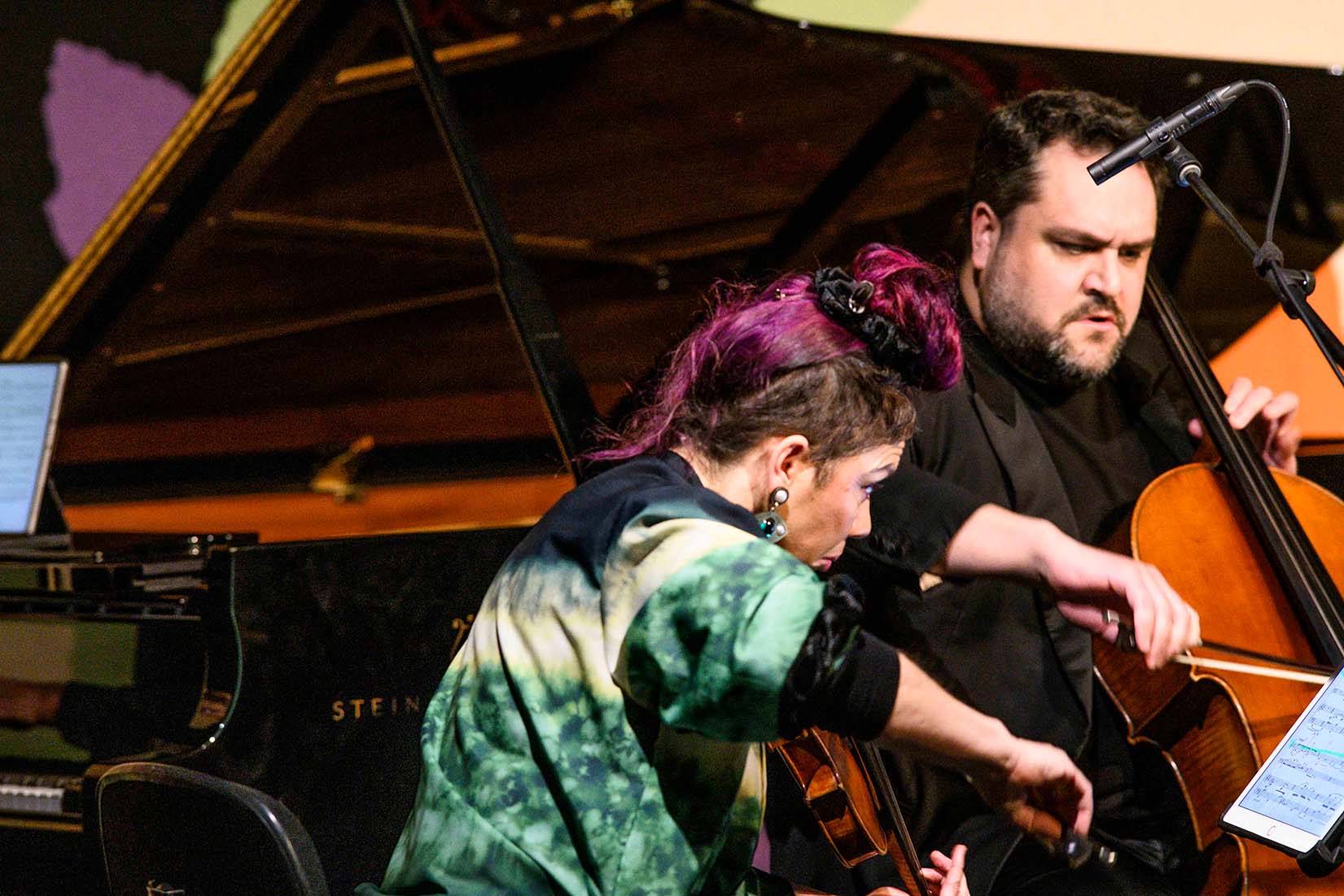
It was wonderful to have an opportunity to hear Light and Matter for piano trio by the Finnish composer Kaija Saariaho. Much of her work, and indeed this one, is rooted sonority and reverberance. The work starts strongly with a low C octave in the piano and the deep cello open C string and rises up through the harmonic series with octaves and fifths. Rather than a floaty sonorous texture however, the movement is frenetic. In many ways the piano is the anchor because its tuning is clearly defined. The violin and cello by contrast, bend the sounds to create tense dissonances that resolve to the fixed pitches of the piano. Harmonically the piece does move around, but somehow the C anchors in the mind and inevitably the work returns to its tonal origin. The performers, despite the frantic and precisely executed motion, embodied the overall emergence and corresponding recession that gives this work its satisfying and peaceful structure.
The Melbourne composer May Lyon wrote her work Do Na Chaill sponsored by a Noisy Women Commission. It is also a world premiere performance here for the full ensemble with prerecorded sounds. The title is Gaelic meaning “For what you lost.” It is about a will-o’-the-wisp, a ghostly spirit who draws travellers to their death in the marshes. There is also a Schubert song (“Irrlicht” from the song cycle “Winterreise”) about such a gleefully malevolent sprite. Schubert’s protagonist willingly follows it because he seeks death, but Lyon’s traveller is waylaid, confused and ultimately brought to a watery grave. Although there is a constant rhythmic pulse throughout, the work has a dreamy quality portraying misty marshes, the flickering wisp and emotional state of the unfortunate traveller. The work finishes with a death knell and dirge. This performance had a spine chilling, ghostly and eerie atmosphere. It is as if the swamp is drawing the traveller in with an unwitting desire to merge.
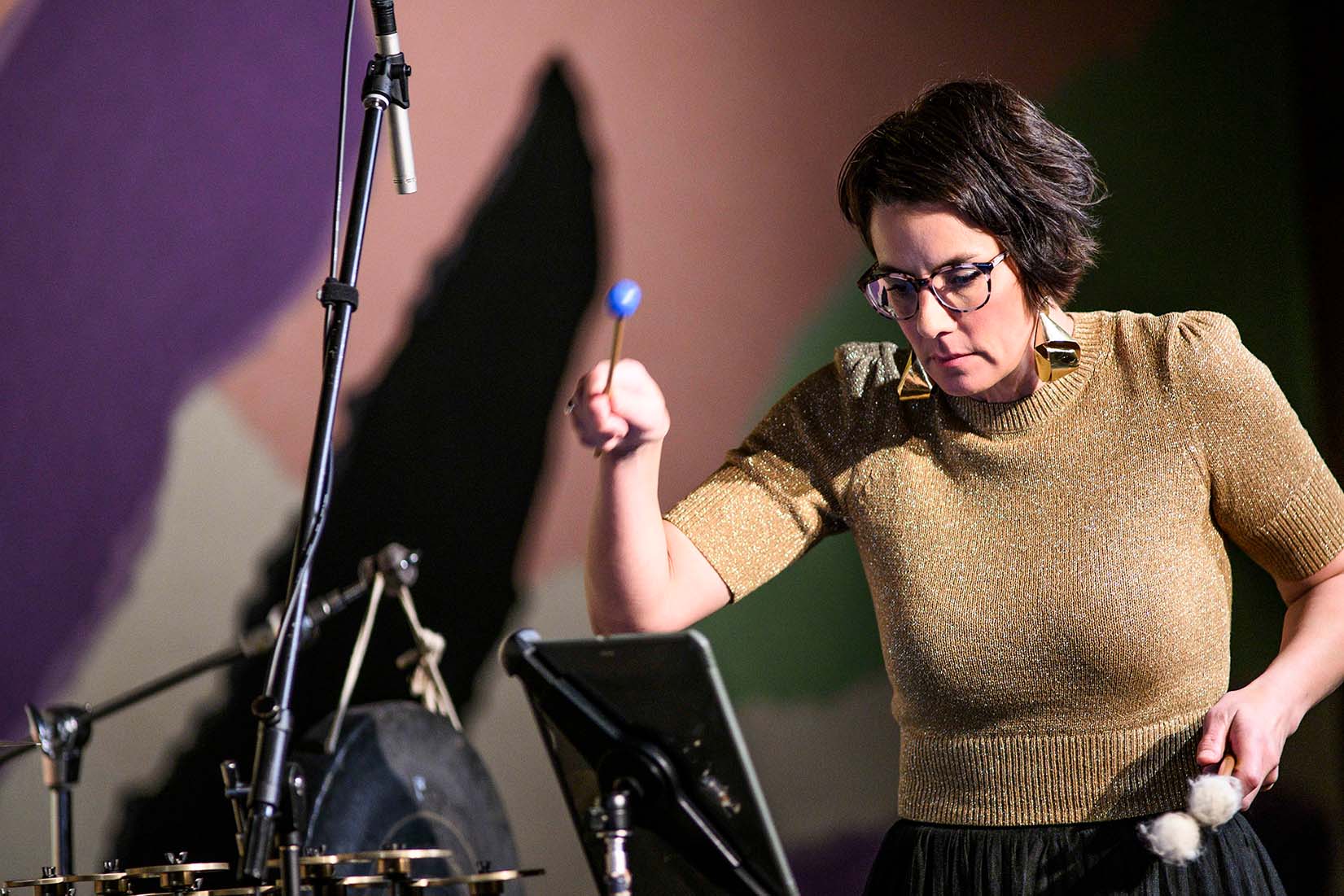
Wild Romance, the final piece on the program by Greek composer Georges Aperghis, is an impressive but unbelievably difficult and frenetic piece of music. The piece itself is about the wildness not of nature, but of the human mind. It is as if it takes place within the skull and we can hear synapses popping. The voice part seems to represent the conscious mind and the instruments all the broiling of the unconscious. The two are by no means working together; in fact the unconscious seems to battle against, and undermine the conscious. Rather than asserting itself the sentient mind often seems to quake in fear and doubt. While certainly “wild” as the title suggests, it feels more like a psychosis than a “romance”. Even when the instruments are relatively quiet, they feel more undermining than supportive or acquiescent. I am absolutely in awe of the precision and musicality of Ensemble Offspring and cannot imagine how much effort and rehearsal it took to learn and pull this very clever work together.
Sydney is so fortunate to have such a talented group of musicians utterly committed to contemporary music. They bravely tackle music that to mere mortals just seems absolutely daunting. Thank you Ensemble Offspring for this wonderful and inspiring concert.
Photo Credit: Oliver Miller

